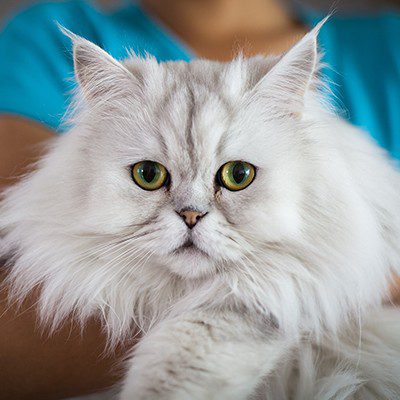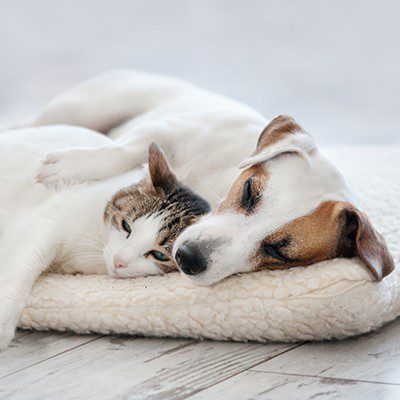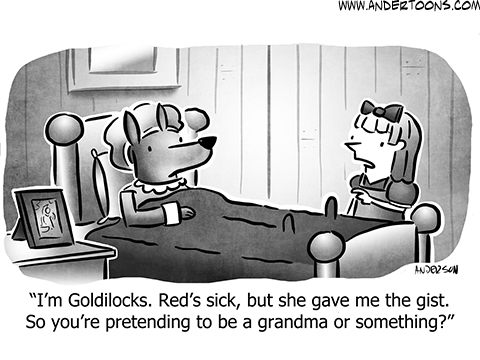With summer here, we’re quickly moving into prime grilling season. Barbeques are one of our favorite summer activities, and we suspect that many of our canine patients share our opinions. However, Fido can get into quite a bit of mischief at barbeques, so you’ll want to take some steps to keep him safe. A Roanoke, VA vet discusses barbeque safety for dogs in this article.
Food
Many of our favorite foods are toxic to our canine buddies. Never let Fido have anything that contains garlic, onions, scallions, or chives; chocolate; alcohol; caffeine; grapes, currants, or raisins; mushrooms; or nuts. Meat on the bone is also a no-no, are raw meat, fish, and dough and anything containing xylitol.
Fire
Fires and pets are not a good combination. Keep your furry pal safely away from the grill. You don’t want Fido wrapping his leash around it, or snapping up a sizzling-hot burger that fell to the ground.
Chemicals
Lighter fluid, torch oil, citronella, bug spray, and other chemicals are all unsafe for pets. Keep these things well out of paws’ reach!
Open Gates
Keep an eye on your doors and gates, especially as people are coming and going. You don’t want Fido slipping out!
Heat
Summer can be tough on our canine pals. Make sure Fido has shade and water at all times. If you see him panting, bring him to a cool indoor spot and give him some water.
Parasites
Summer is a prime time for fleas, ticks, mosquitoes, and other bugs. Make sure your furry friend is current on his vaccines and parasite control products.
Trash
Dogs are very opportunistic, and will seize any chance they can to score extra food. Fido definitely is not above going through the trash in hopes of snagging himself some leftovers! This can be dangerous, as the garbage may contain things like bones, skewers, tin foil, toothpicks, and other hazards. Clear the tables and put away leftovers as soon as everyone has finished eating. Use garbage cans with tight lids.
Being Underfoot
Man’s Best Friend likes to stick pretty close to his human pals. Unfortunately, this sometimes leads to Fido getting stepped on, or getting his tail caught in doors. Keep a close eye on your pup!
Please do not hesitate to contact us, your Roanoke, VA vet clinic, if ever we can be of assistance. We’re here to help!












